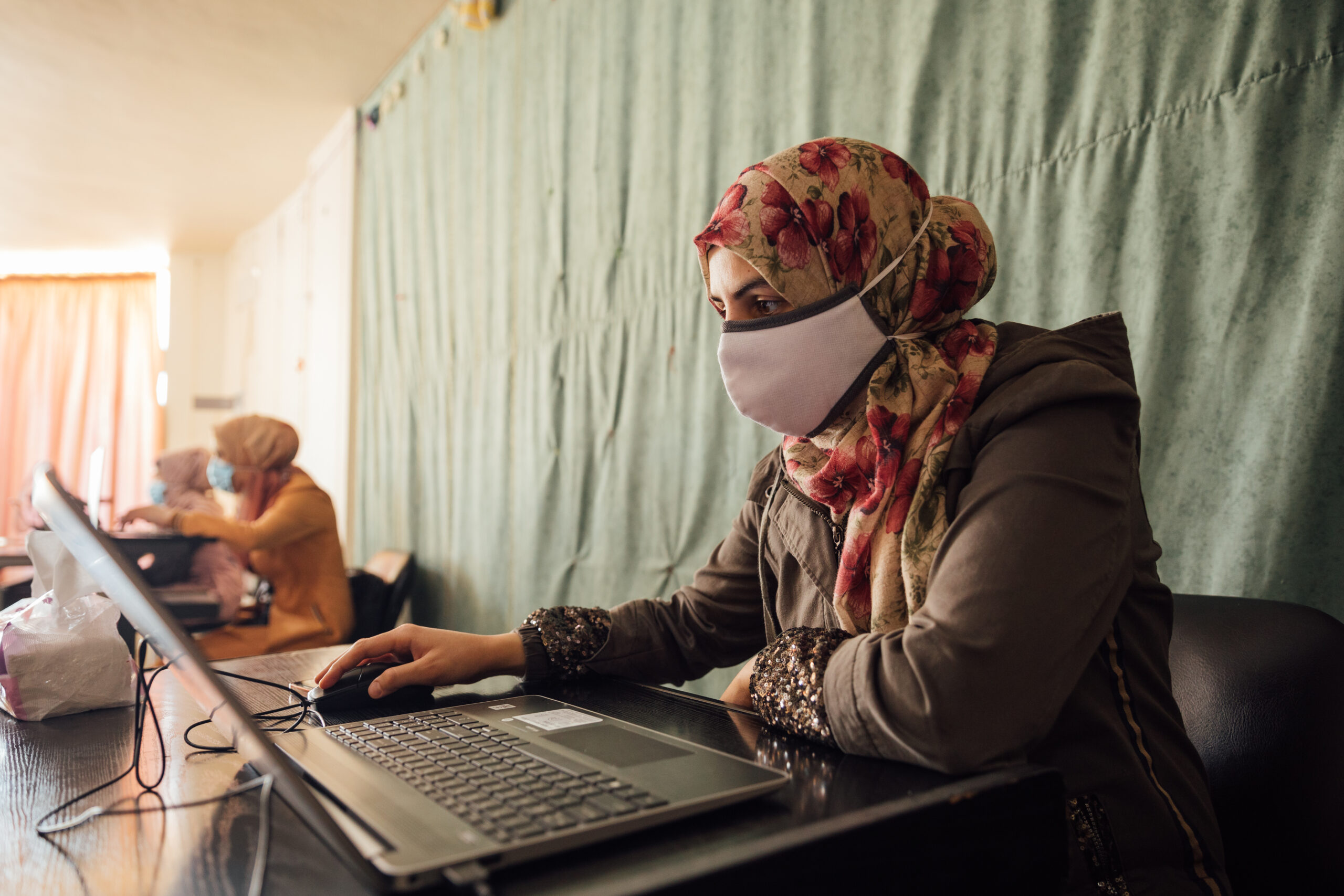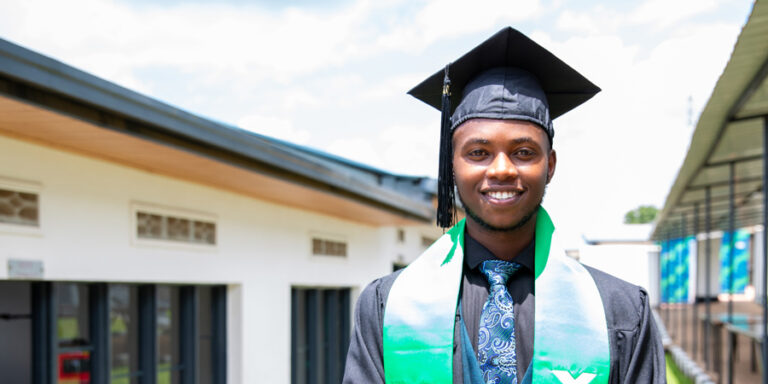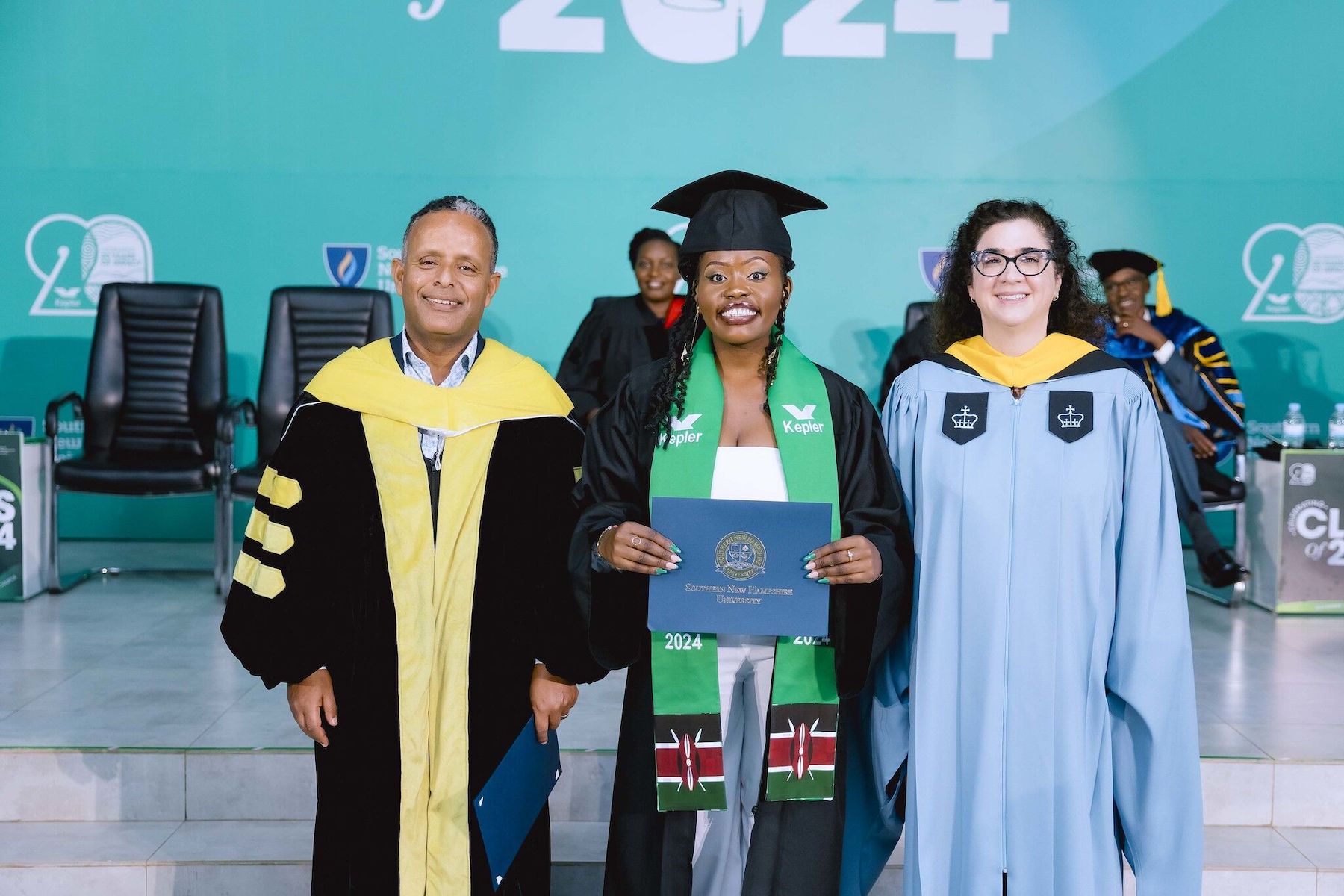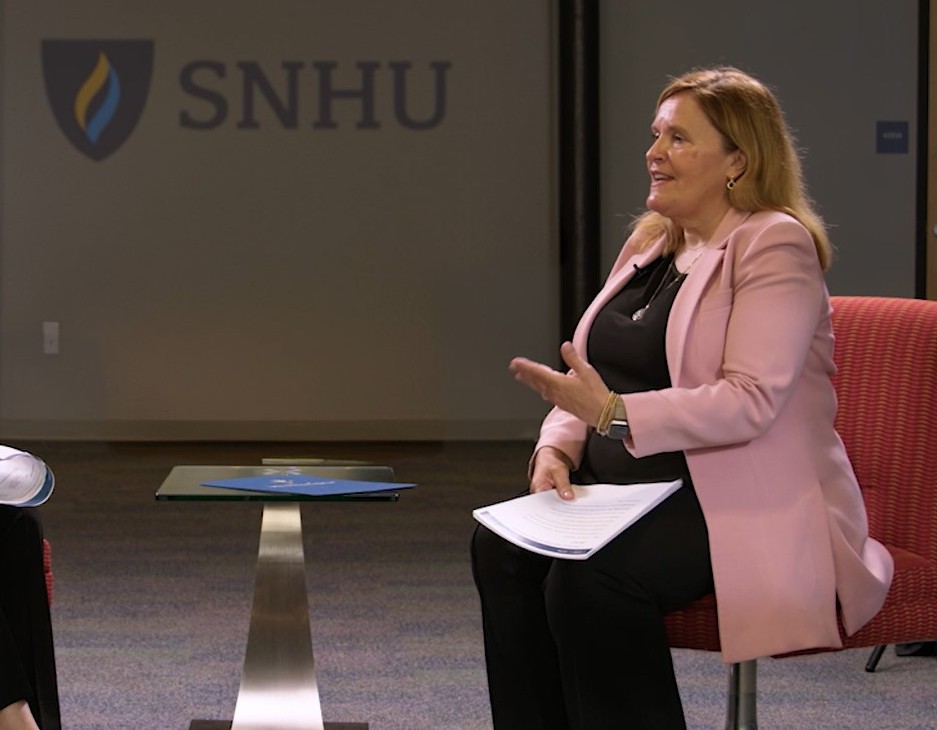SNHU’s Data Insight team’s research across GEM sites helps understand the impact of the pandemic on students
For SNHU Global Education Movement (SNHU GEM) students living across the globe, the COVID-19 pandemic has had unique impacts on how displaced learners live, work and learn.
To better understand how students were affected by the pandemic, our SNHU GEM team worked with Dr. Jerome Rekart and Dr. Emma Norland from SNHU’s Data Insight team. Using online surveys and Zoom interviews, we worked across GEM sites to better understand the student experience — both at school and in their communities — during the pandemic.
For students, internet access, electricity access, and distractions at homes were the three biggest challenges across all sites. Many students live in remote areas where internet connection is poor and electricity is limited. Before the pandemic, many students would travel to their nearby learning centers for internet access and electricity. Lockdowns and fear of infection limited centers’ availability and students’ access. At the same time, while spending more time at home, many students also reported additional responsibilities at home — like taking care of children or siblings — which made it difficult to focus on academics.
With these circumstances in mind, more than 75% of GEM students reported a significant negative impact of COVID-19 on their individual financial circumstances, health, housing, and/or job. More than 67% specifically reported greater academic challenges.
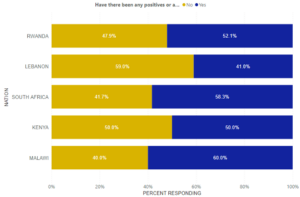
One of the surprising — and positive findings — was that nearly 1 in 4 students reported having made more academic progress since the outset of the pandemic. For these students, with the closures of work, internships, clubs and other activities, they had more time to concentrate on their studies.
Throughout the pandemic, a big focus for SNHU GEM and our partners has been helping students balance home life with academics, especially by remaining in contact with their academic coaches and GEM resources. To support students, we provided monthly internet bundles to all students and have provided training and support as students switch to new communication channels like email, Zoom calls, and Google hangouts for academic support.
Overall, our recent study shows that for academic institutions seeking to support students and particularly displaced learners, communication is key — both to understand students’ unique challenges and to provide resources and support in difficult circumstances.
Agnes Burume is the project manager at SNHU Global Education Movement. She received her Bachelor’s degree in management with a concentration in logistics and operations from SNHU GEM in 2019. Prior to her role as project manager, Agnes served as an administrative assistant and research coordinator at SNHU GEM. She currently lives in Kigali, Rwanda.
